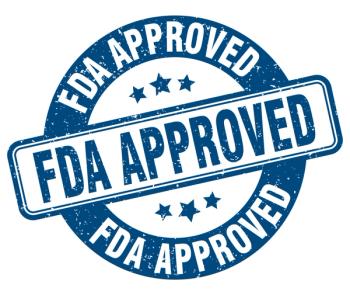
Okla. database to track pseudoephedrine
Oklahoma pharmacists will soon have a central database to check in real time whether consumers seeking to purchase pseudoephedrine tablets have exceeded the state's monthly quota of 9 gm per person.
Oklahoma pharmacists will soon have a central database to check in real time whether consumers seeking to purchase pseudoephedrine tablets have exceeded the state's monthly quota of 9 gm per person.
When the system goes live in about six months, pharmacists will be able to enter a customer's name and find out instantly how much pseudoephedrine the person has purchased during the past 30 days. The database is designed to close a loophole in the state's drive to shut down labs that use pseudoephedrine tablets to make methamphetamine.
Last April, Oklahoma moved pseudoephedrine tablets behind the pharmacy counter and restricted total monthly sales to 9 gm per person. Prior to purchase, consumers are required to present a photo ID and have their name and address entered in a paper or electronic log. The catch until now has been that there was no way for a pharmacist to know how much the consumer had already purchased from other pharmacies in the past month.
The database should solve the problem of "pharmacy hoppers" looking for pseudoephedrine, according to Woodward's uncle, Phil Woodward, executive director, Oklahoma Pharmacists Association. Noting that pharmacists made it clear to the bureau that they would not pay for the electronic system, he added, "It will relieve us of the burden of having to track sales. It should make it easier to comply with the law. If they want to get nasty about it, they can jerk your license and close your pharmacy."
Each pharmacy will be given a free software CD to connect its computer to the state's database. The cost of the program is being underwritten by a federal grant for prescription drug monitoring. "We're shopping out bids right now on the software," said Mark Woodward. "It will be a standalone program on the pharmacy computer that's strictly for pseudoephedrine sales. It's not much different from the reporting that pharmacies already do for our pain medication-monitoring program."
The first month after Oklahoma put pseudoephedrine tablets behind the counter, there was a 60% drop in meth lab seizures, and seizures are currently down from 75% to 80% statewide, said the bureau's Woodward. Meth lab seizures have gone up in surrounding states because easy access through dollar stores and convenience stores has been cut off in Oklahoma. "They don't want to go to a pharmacy, where there's a pharmacist professionally trained to spot drug seekers," he said. "It's really been great, and we know it will get even better once this database is up so they won't be able to go from pharmacy to pharmacy."
Newsletter
Pharmacy practice is always changing. Stay ahead of the curve with the Drug Topics newsletter and get the latest drug information, industry trends, and patient care tips.























